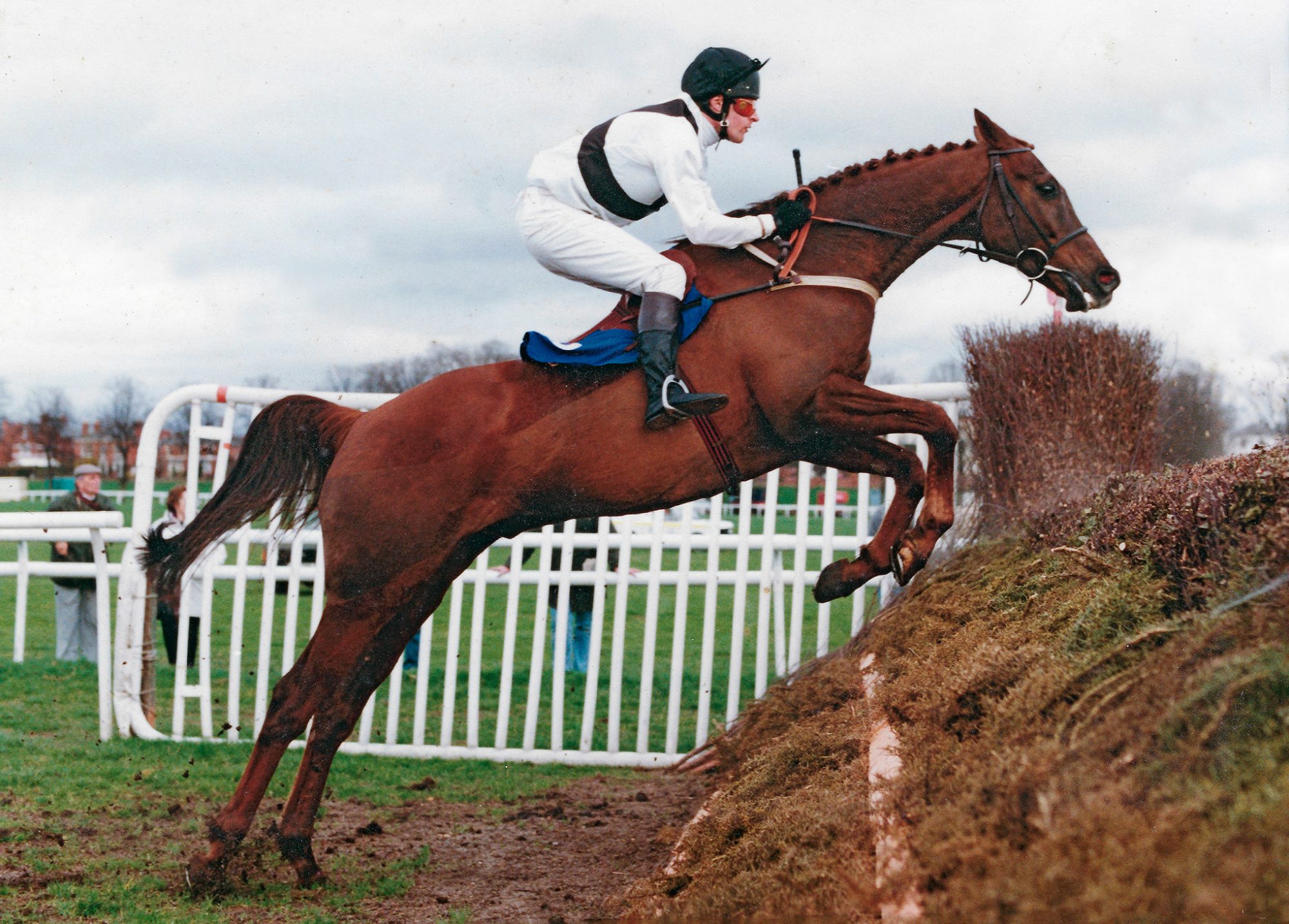Mainholm Press is the imprint of William Morgan, who has a long association with horses and horse racing. He has been a stud manager, owner, rode with some success as an amateur under National Hunt Rules and was a racecourse steward, as well as holding senior positions in organisations such as the Thoroughbred Breeders Association. He has written columns for the European Bloodstock News for 17 years and is one of the producers of the Thoroughbred Stallion Guide.

“I have always loved history and began to think of writing a book of my own when I rode out for Walter Wharton, who trained on the Duke of Rutland’s old racecourse at Croxton Park (vol 3). One day a retired policeman was digging there and discovered a cache of buried champagne bottles, dating from the early races, which started me thinking of the history of the old track, on which one could still have raced the following day.
“Retired bloodstock agent Dick Warden then told me how my kinsman, when training the famous horse Brown Jack, had prevented him winning on his debut at Bournemouth (vol 2) and I wondered about where such a course existed in that seaside conurbation.
“Anecdotes from my own experience as a jockey made me think that there must be a wealth of stories to be found. For example, on one occasion, the fine jockey Martin Blackshaw got us all to sign a card for fellow rider Ron Barry’s birthday – very flattering to a young amateur like me – and in the middle of a novice chase at the stiff Haydock course handed him the card, to which Ron calmly said: “Thanks, Martin,” and stuffed it in his breeches as a fence approached. On another, a St John’s ambulanceman at Uttoxeter did not notice we had started a race and was sitting on the middle of the first fence. We had to go either side of him and I can picture his face now. A jockey asked as we passed the winning post the first time: “Do you think the f***r is still there?” He wasn’t and I never did find out his fate.
“I started to ask old jockeys about their time riding and hatched the idea of writing about the old courses and times, thinking there would be about 150 closed tracks. If I had known there were over 1,000 perhaps I would not have started, but the words of the journalists of yesteryear as I read the papers, the accompanying social scenes, from kings to rascals (and both), and visiting all sorts of places and people that I would never have come across otherwise, keep me going, and going, and going…”
